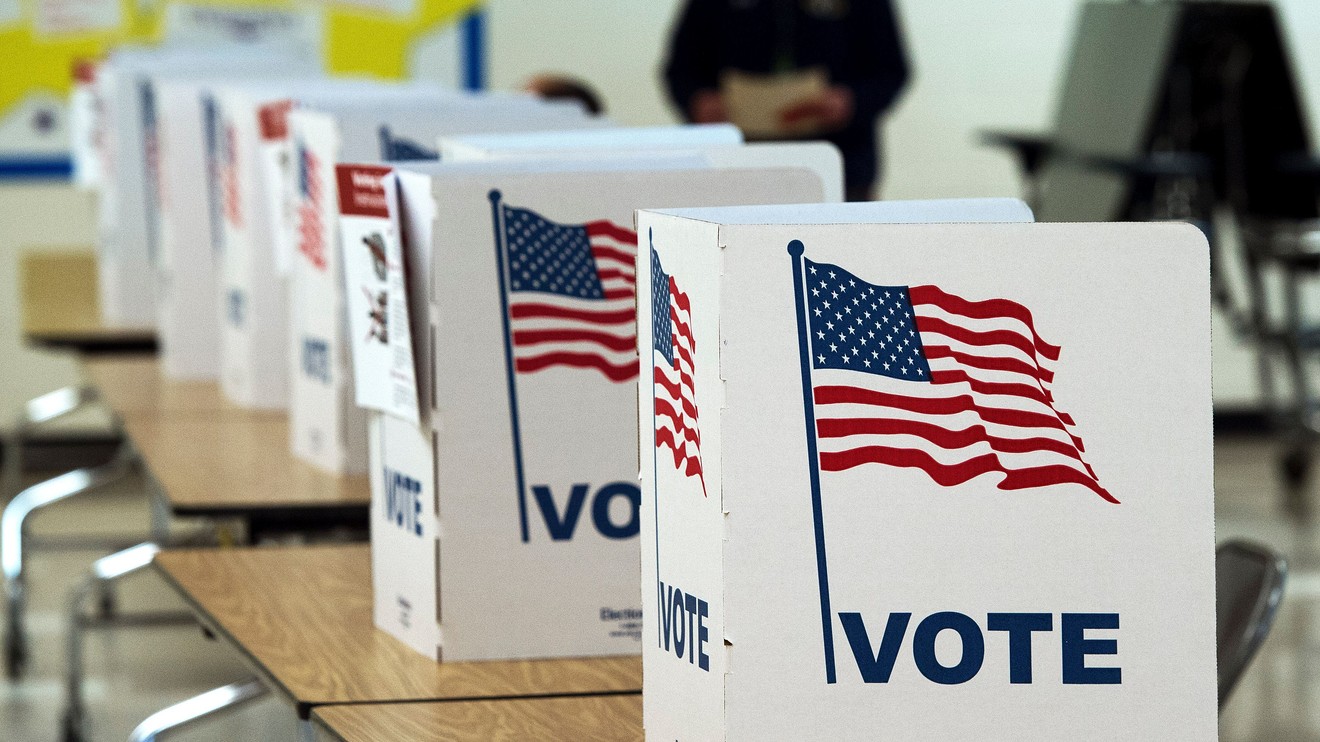The current U.S. presidential election cycle is marked by significant developments, notably President Joe Biden’s exit from the race and his endorsement of Vice President Kamala Harris. This shift introduces considerable uncertainty into the political and economic landscape, affecting businesses and entrepreneurs across various sectors. The potential for former President Donald Trump’s return also adds to the complexity. Understanding these dynamics and preparing for their implications is crucial for maintaining business stability and growth.
Disclaimer: The views expressed in this commentary are solely those of the authors and do not necessarily reflect the official position of Limitless or its editorial board. This article is intended for informational purposes and is independent of any specific national or political interests. The content is based on the authors’ analysis and interpretation of current events and economic conditions.
Economic Uncertainty and Market Volatility
Short-term Effects:
- Market Reactions: Political shifts often cause market volatility, impacting stock prices, consumer spending, and investment confidence.
- Business Uncertainty: Companies may delay investments or expansion plans due to unpredictable policy changes.
Long-term Effects:
- Economic Policies: Different administrations may implement varied tax, trade, and regulatory policies, significantly impacting business operations and profitability.
Regulatory Landscape
Industry-specific Changes:
- Sector Regulations: Industries like healthcare, energy, and technology may see significant regulatory changes, necessitating adaptation strategies.
- Small Business Support: Changes in policies related to loans, grants, and tax incentives can affect entrepreneurial ventures and startups.
Consumer Confidence and Spending
Political Stability: The election’s outcome can influence consumer confidence and spending patterns. Businesses should prepare for shifts in consumer behavior based on new economic policies and political stability.
Comparing to the 2008 Recession
Similarities:
- Economic Uncertainty: Both periods are characterized by significant economic unpredictability affecting planning and growth.
- Market Volatility: Financial markets experienced similar volatility, impacting investments and business valuations.
- Government Intervention: In both cases, government policies are crucial in stabilizing the economy and supporting businesses.
Differences:
- Digital Transformation: The current scenario includes the widespread impact of digital transformation and remote work, which were less prevalent in 2008.
Strategies for Businesses and Entrepreneurs
Stay Informed and Adapt:
- Monitor Developments: Keep abreast of political changes and adapt business strategies accordingly.
Diversify Revenue Streams:
- Risk Mitigation: Diversify products, services, and markets to mitigate risks associated with economic and regulatory changes.
Strengthen Financial Resilience:
- Financial Management: Build financial buffers, manage cash flow effectively, and ensure access to credit.
Leverage Technology:
- Operational Efficiency: Embrace digital tools to enhance efficiency and customer engagement, and explore new revenue opportunities.
Engage in Advocacy:
- Policy Influence: Participate in industry associations and advocacy groups to influence policy decisions and stay ahead of regulatory changes.
Case Study: NEVTIS Communications
NEVTIS Communications, a provider of VoIP, UCaaS, and internet services, exemplifies how businesses can navigate political and economic uncertainties. NEVTIS has implemented several strategies to adapt to changing conditions:
- Staying Informed: NEVTIS keeps a close watch on political developments to anticipate and respond to regulatory changes that might impact their services.
- Diversification: By offering a range of communication solutions, NEVTIS mitigates risk and captures a broader market.
- Financial Resilience: NEVTIS maintains strong financial health through prudent cash flow management and strategic investments.
- Leveraging Technology: The company embraces cutting-edge technologies to improve service delivery and customer satisfaction.
- Advocacy: NEVTIS actively participates in industry groups to influence telecommunications policy and stay ahead of regulatory changes.
For more insights on NEVTIS Communications and their approach, visit their website and learn about the NEVTIS Opportunity. Connect with NEVTIS on their social media platforms: LinkedIn, Facebook, and Instagram.
Conclusion
The ongoing U.S. presidential election presents both challenges and opportunities for businesses and entrepreneurs. By staying informed, adapting strategies, and leveraging technology, businesses can navigate uncertainties and position themselves for success. Drawing lessons from the 2008 recession, building resilience, and remaining proactive are key to thriving in a rapidly changing political and economic environment.
For more insights and updates, stay connected with reliable sources and industry experts to navigate these turbulent times effectively.



